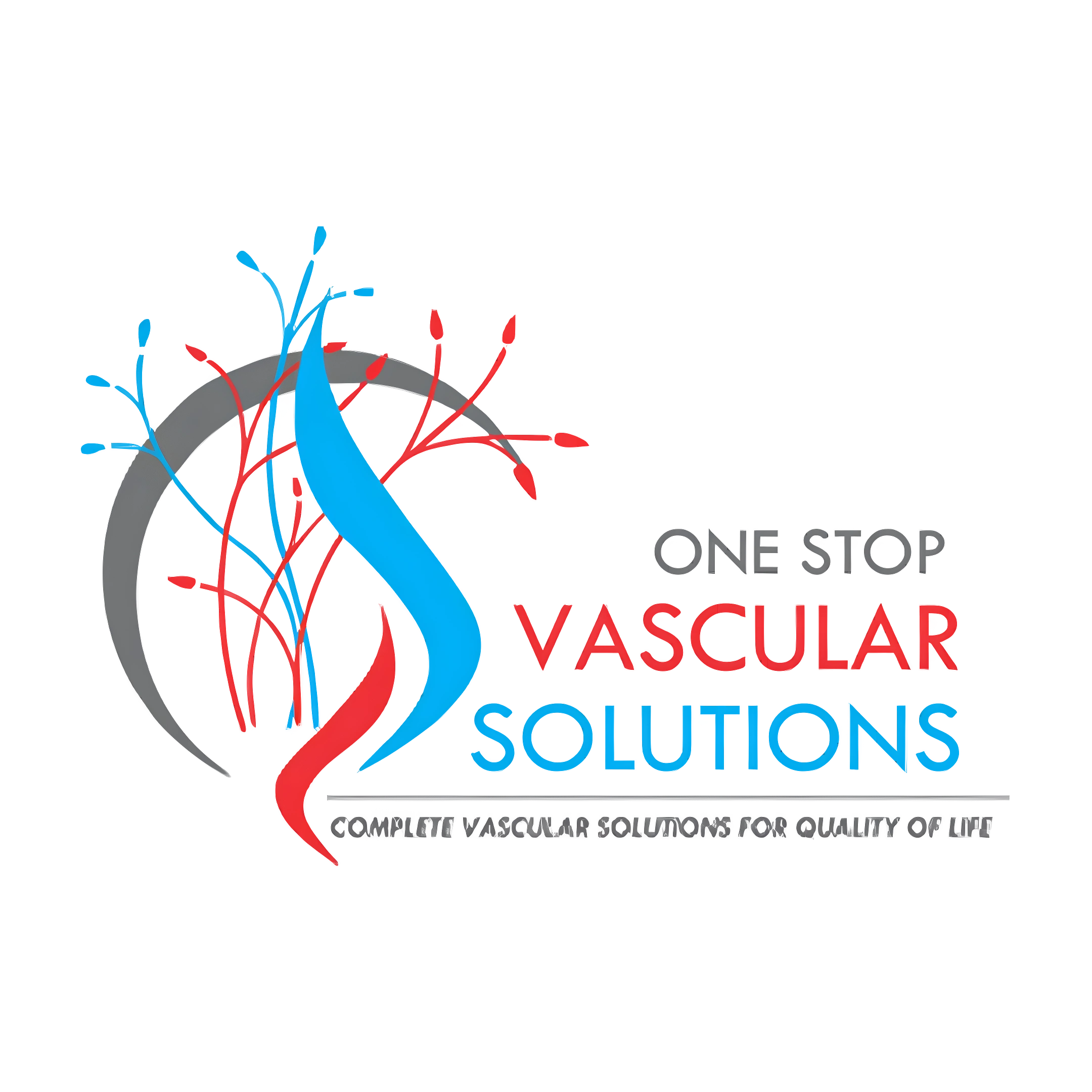Aortic Aneurysms: Causes, Symptoms & Treatment
What is an Aortic Aneurysm?
The aorta, the body's largest artery, carries blood from the heart to various parts of the body. An aortic aneurysm occurs when the aorta dilates beyond 1.5 times its normal size. This dilation can happen anywhere in the aorta and is a serious condition that requires prompt attention.
Aortic Aneurysm Treatment in Hyderabad involves complex procedures, especially for thoracoabdominal aneurysms. Successful outcomes depend on a multidisciplinary approach involving vascular and endovascular surgeons, cardiac surgeons, interventional radiologists, anesthesiologists, cardiologists, perfusionists, physiotherapists, and dietitians. At One Stop Vascular Solutions, we have a well-equipped intensive care unit and a hybrid operating room with cardiac catheterization facilities for performing a combination of open and interventional procedures.
.webp)
Types of Aortic Aneurysms:
- Abdominal Aortic Aneurysm: Occurs in the abdominal part of the aorta.
- Thoracic Aortic Aneurysm: Found in the thoracic part of the aorta.
- Thoracoabdominal Aortic Aneurysm: Affects both the thoracic and abdominal parts.
- Dissecting Aortic Aneurysm: Caused by the tear of the inner layer, leading to a false lumen and weakness of the aorta that leads to aneurysm formation
Causes of Aortic Aneurysms:
- Hardening of the artery wall - due to atherosclerosis
- Genetic abnormalities (Marfan syndrome, Loeys-Dietz syndrome).
- Infection - syphilis and tuberculosis
- Inflammatory conditions (Takayasu arthritis).
- High cholesterol.
- Trauma.
Symptoms of Thoracic Aortic Aneurysm:
- Often asymptomatic in the early stages.
- Chest or back pain.
- Breathing difficulties.
- Coughing.
- Hoarse voice.
- Swallowing difficulties.
Symptoms of Abdominal Aortic Aneurysm:
- Abdominal pain.
- Pulsating abdominal lump.


